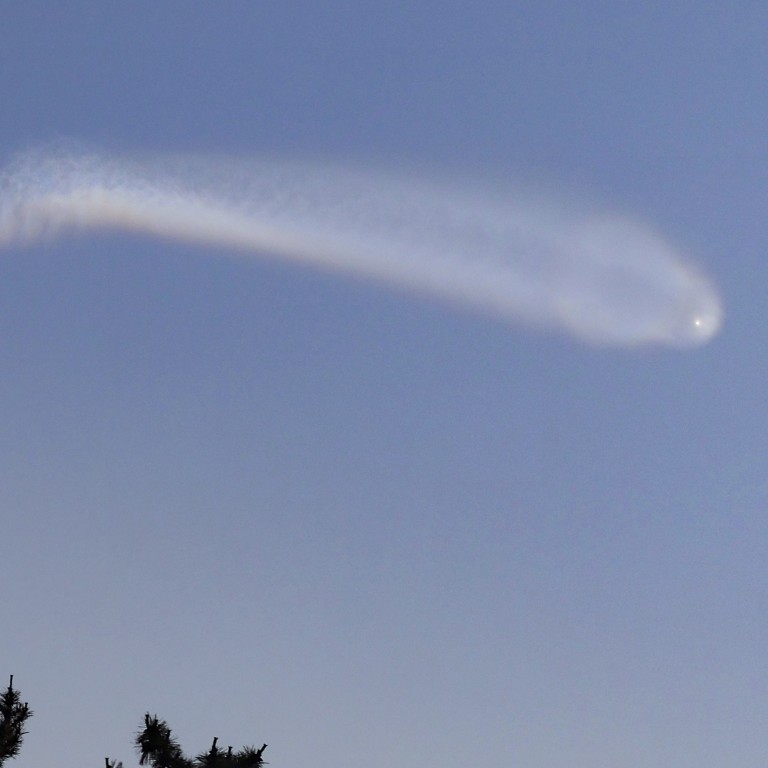
North Korea fuels bid for ‘new Cold War’ with failed missile launch after Russia treaty
- Pyongyang’s suspected hypersonic ballistic missile test has analysts worried the regime is inflaming tensions to skirt sanctions
“North Korea fired a ballistic missile from Pyongyang to the East Sea at 5.30am this morning. The missile is believed to have failed,” the South Korean military chiefs said in a statement.
In response to the launch, South Korea’s Marine Corps on Wednesday resumed a full-scale live-fire exercise on islands near the disputed inter-Korean sea border in the Yellow Sea for the first time in seven years.
The Marine Corps said its troops fired more than 290 live rounds into waters off the Yeonpyeong and Baengnyeong islands during the drills, which involved K9 howitzers, Chunmoo multiple rocket launcher systems and Spike anti-tank missiles.
In 2010, North Korea shelled Yeonpyeong island, killing four South Koreans, in protest against the South’s firing of artillery shells into the sea during a drill.
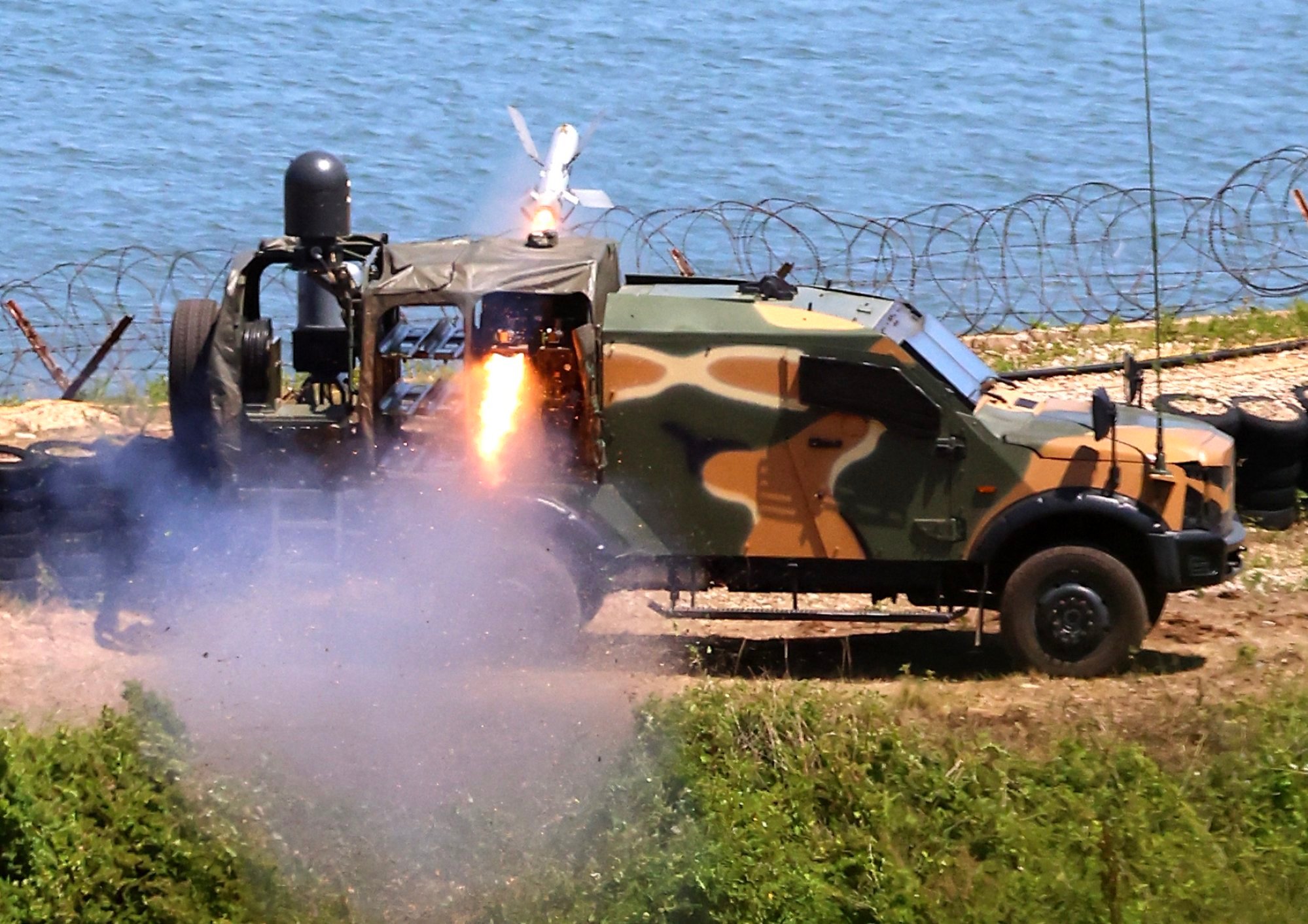
Solid-fuel missiles are considered harder to detect than liquid-fuel ones ahead of launch as they require fewer preparation procedures.
Hypersonic missiles were a key element in the North’s five-year defence build-up plan, which is slated to wrap up next year, said Yang Moo-jin, president of the University of North Korean Studies.
“This is a political bonanza for the North,” he said, noting North Korea was obtaining economic gains and technology from Russia in return for supplying ammunition and playing Moscow against Beijing to draw both closer to itself.
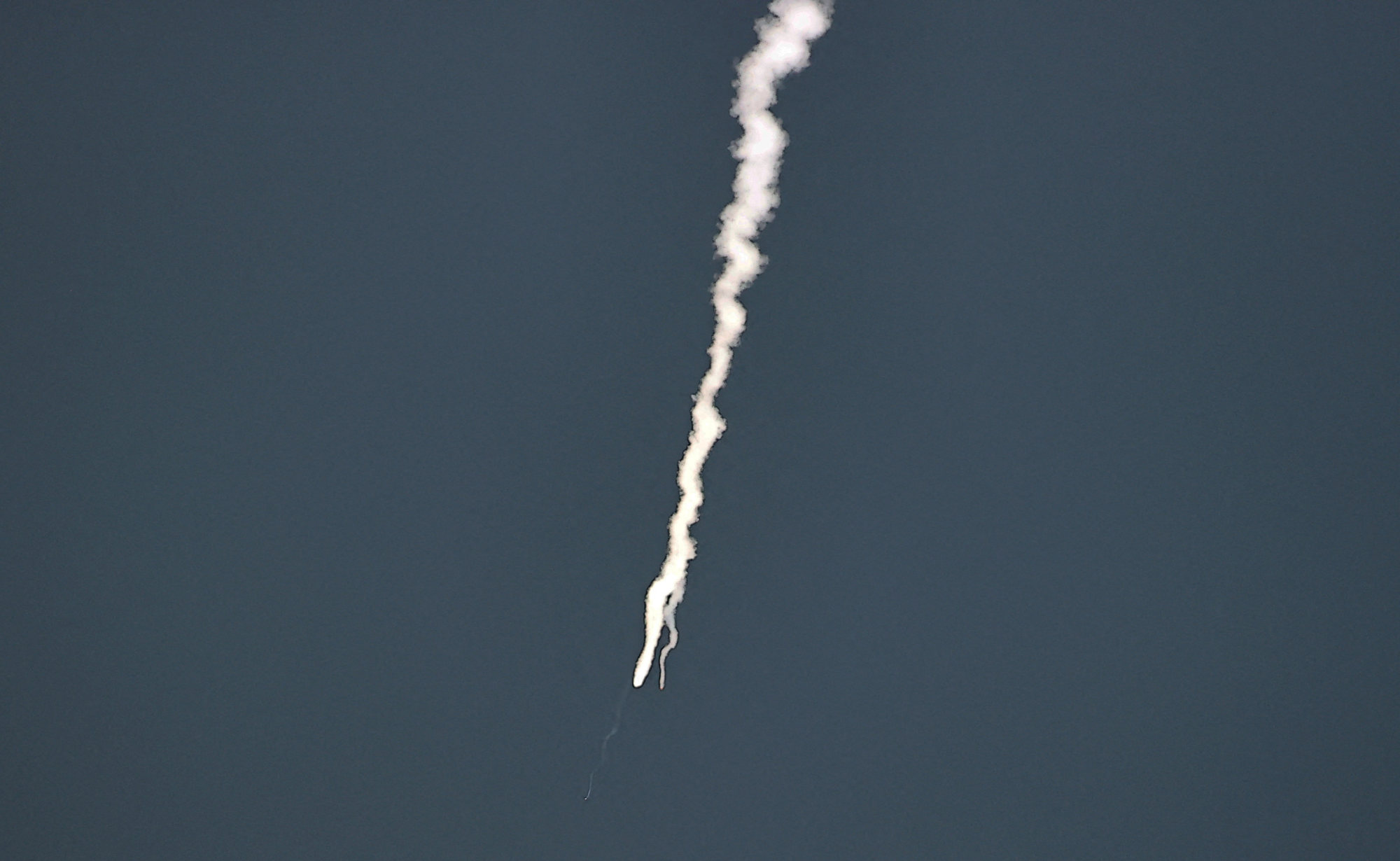
Other projects in the defence plan adopted at the North’s eighth party congress in 2021 involved intercontinental ballistic missiles, multiple warhead guidance technology, nuclear submarines and military reconnaissance satellites.
Code-named Freedom Edge, the exercise takes its name from bilateral exercises the US holds with its Asian allies including Freedom Shield with South Korea and Keen Edge with Japan.
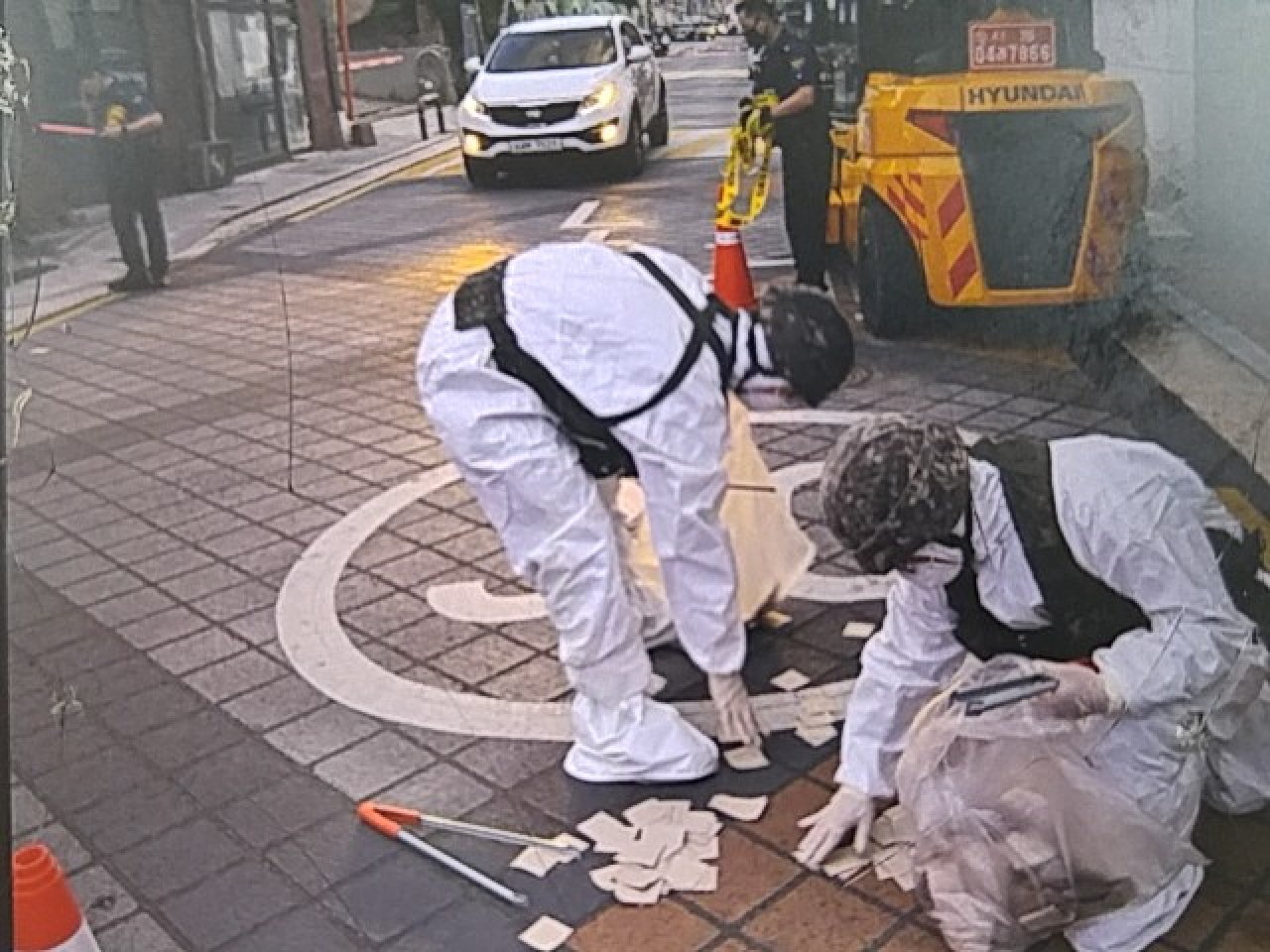
“The cooperation between South Korea, the US and Japan, which share the values of liberal democracy, will become another powerful deterrent alongside the South Korea-US alliance,” he said.
On Tuesday, Yoon condemned the signing as “anachronistic” and against international sanctions.
The North’s latest missile launch came hours after it sent trash-carrying balloons to the South on Tuesday night for a second straight day.
Since late last month, North Korea has reportedly launched more than 2,000 of such balloons in a tit-for-tat move against anti-Pyongyang propaganda leaflets sent by North Korean defectors and activists in the South.
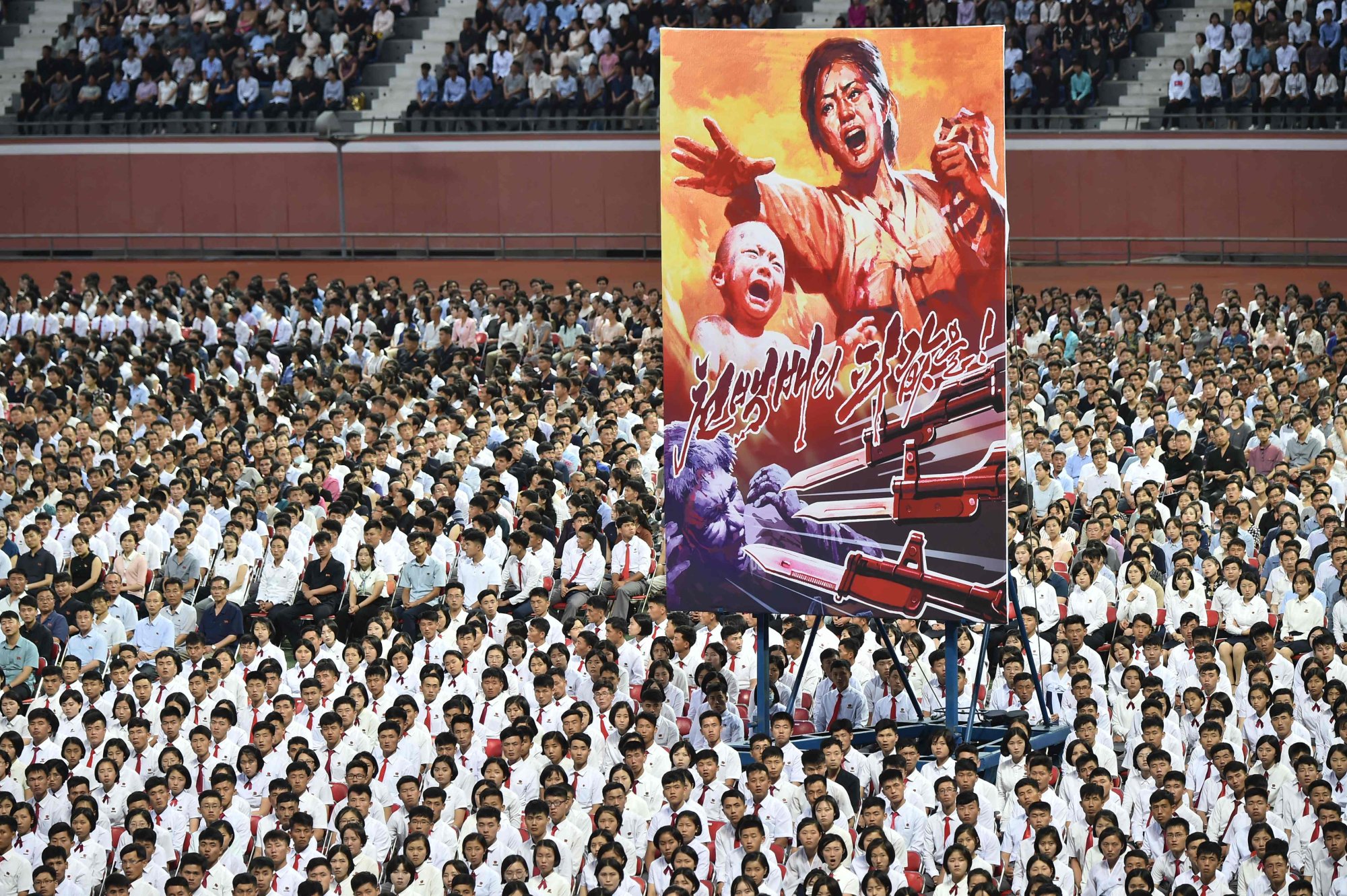
In Pyongyang, North Korean authorities on Tuesday gathered more than 100,000 people at a sports stadium to hold a massive “hate America” rally on the anniversary of the outbreak of the 1950-53 Korean war, its state media said on Wednesday.
The stadium was “full of the spirit of avengers to annihilate the enemy who massacred the Korean people,” KCNA said.
Lim Eul-chul, a senior researcher at the Institute for Far Eastern Studies, said: “All these moves reflect the North’s persecution complex and mounting security concerns even though it appears to up the ante following the signing of a new treaty with Russia.”
Calls are growing in South Korea to arm itself with nuclear weapons instead of entirely relying on US nuclear deterrence. Na Kyung-won, a leading politician of the ruling People Power Party, said on Tuesday that the PPP should adopt it as a party policy.
“It is disconcerting to see this vicious cycle of tension escalation with no diplomatic off-ramp over the horizon. Where will all these end?” Lim told This Week in Asia.

